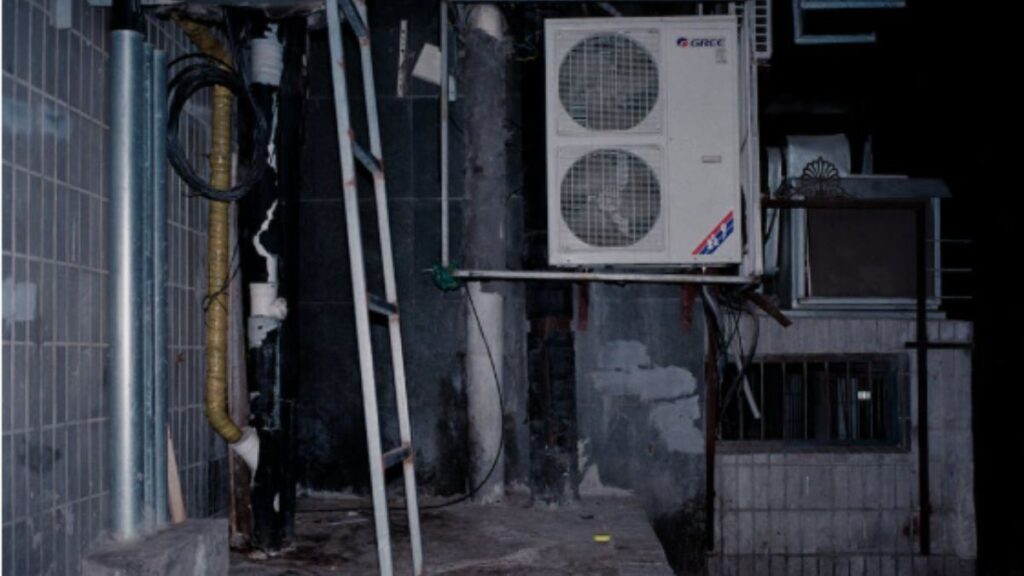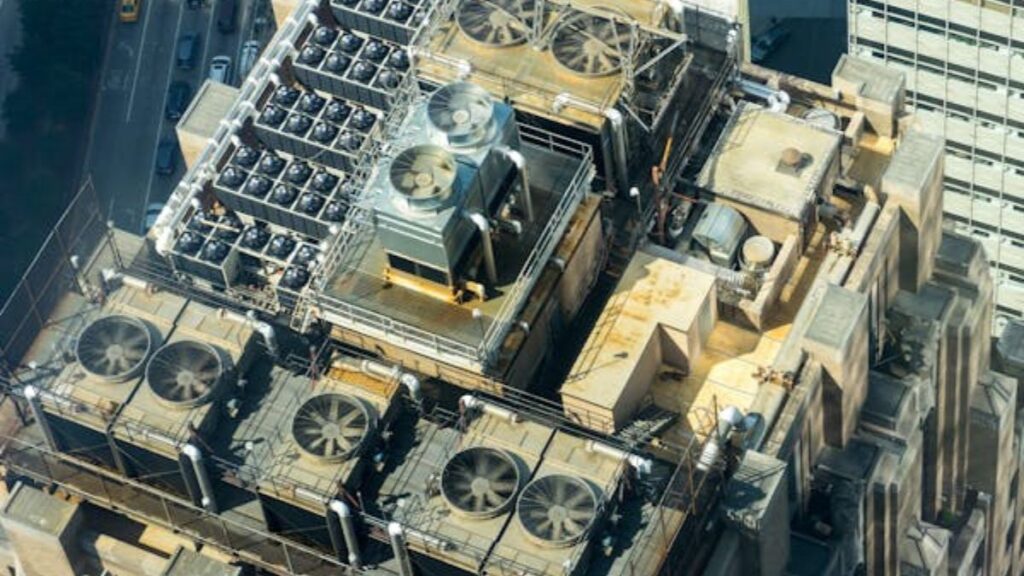In recent years, the demand for skilled professionals in the HVAC (Heating, Ventilation, and Air Conditioning) sector has seen a significant rise. The increasing focus on energy efficiency, sustainable living, and the need for advanced climate control solutions in residential and commercial settings is what mainly drives this trend.
As climate control technology continues to evolve, so does the necessity for well-rounded training programs that educate and empower individuals seeking to join the industry. HVAC training equips aspiring professionals with essential knowledge and hands-on experience, preparing them to tackle the challenges faced in the field today.

The Importance of HVAC Training
HVAC training serves as a stepping stone for anyone looking to make a mark in a competitive job market. The array of topics covered ranges from fundamental principles of thermodynamics to advanced control systems, providing a comprehensive understanding of how various HVAC systems operate. For more specialized knowledge, you can attend specialized training that includes metal duct design training that ensures that individuals learn the intricacies of system layouts, airflow dynamics, and equipment selection. Such targeted education prepares graduates to face real-world challenges so that they meet industry demand effectively.
Given the potential hazards associated with HVAC installations, training often incorporates safety courses. The knowledge gained through professional training enhances career prospects and contributes to overall job satisfaction and advancement opportunities.
The Growing Job Market for HVAC Professionals
The HVAC job market is projected to grow steadily in the coming years, driven by new technologies and a shift towards energy-efficient solutions. Factors contributing to this growth include an aging infrastructure that requires repair and replacement, as well as increasing consumer demand for sustainable and efficient systems.
Advancements in smart home technology and automation create opportunities for technicians who are trained in these innovative solutions, further solidifying the role of HVAC education in career development. As the residential and commercial sectors prioritize indoor air quality and climate control, HVAC professionals deliver those needs.
The Skills Acquired in HVAC Training
Individuals who undergo HVAC training acquire a wide range of skills that are crucial for their success in the field. This encompasses hands-on technical skills such as installation, repairs, and maintenance of heating and cooling systems. Trainees learn about diagnostic tools and troubleshooting methods necessary for efficient system operations.
Understanding electrical systems and components is a part of a technician’s training, as most HVAC systems involve complex electrical circuits. Professional training instills soft skills, including communication, teamwork, and customer service, all essential for fostering good relationships with clients and coworkers. The blend of technical and interpersonal skills gained through comprehensive HVAC training ensures that graduates are well-prepared for the dynamic nature of the industry. This multifaceted skill set makes graduates attractive candidates for employers and efficient contributors to their chosen workplaces.
Hands-On Experience: A Key Component
One of the standout features of HVAC training programs is their emphasis on hands-on experience. Theoretical knowledge is a must, but practical skills should not be overlooked: they can be easily gained through programs that focus on real-world scenarios. Many programs offer internships or apprenticeships, which allow individuals to work under experienced technicians, giving them insight into everyday challenges encountered in the field.
The direct experience builds confidence, enhances problem-solving skills, and promotes workplace readiness. Such opportunities also allow students to make professional connections that can benefit their career trajectories. By integrating practical learning with theory, HVAC training programs create a well-rounded educational experience so that graduates are competent and ready to step into job roles upon completion of their studies.
The Role of Certification in Career Advancement
Obtaining certifications can be a game-changer for HVAC professionals looking to advance their careers. Certifications demonstrate a commitment to the field and validate the knowledge and skills acquired through training. Many employers prefer or even require certification, which can often lead to better job offers and higher earnings.
The process of certification usually involves passing an examination that tests technical knowledge and competencies related to HVAC systems. Various organizations offer specialized certifications in areas such as refrigeration, energy management, and even green technology. Earning these credentials boosts employment opportunities and, most importantly, equips technicians with up-to-date knowledge in an ever-evolving industry, enabling them to adapt to new technologies and methodologies effectively.
Sustainable Practices and Energy Efficiency
As the world becomes increasingly aware of environmental issues, HVAC training programs have begun to integrate sustainable practices into their curricula. Professionals trained in energy efficiency are essential for helping homes and businesses reduce their carbon footprints. Training often covers emerging technologies, such as geothermal heat pumps and solar-assisted HVAC systems, that offer innovative solutions for climate control.
Trainees learn about improving existing systems to maximize energy use without compromising comfort. Understanding energy-efficient design benefits the environment and appeals to consumers looking to reduce energy costs. With these critical insights, HVAC professionals can lead initiatives to create more sustainable living and working environments. This ability to implement green practices further enhances their value in a competitive job market and makes trained professionals indispensable assets.
Future Trends in HVAC Training
The HVAC industry is constantly evolving, and so too is the training necessary to prepare professionals for emerging trends. With advancements in technology, more programs are incorporating subjects such as smart technology and automation in HVAC systems. These innovations require technicians who are adept at troubleshooting software and hardware issues, warranting a shift in training priorities.
The increasing prevalence of connected devices in residential and commercial settings demands a comprehensive understanding of internet-based controls and system integrations. Training programs are also adopting hybrid formats, blending online learning with traditional classroom settings, making education more accessible. Adapting to these trends ensures that HVAC professionals remain relevant in a fast-paced market, equipped with the latest skills and knowledge needed to succeed.

As the need for climate control continues to grow, HVAC training becomes more critical than ever in preparing skilled professionals for an expanding job market. By providing comprehensive education and practical experience, these programs create a foundation for success in the industry. With the right training, technicians can enter a workforce rich with opportunities and be at the forefront of essential changes in the field.







